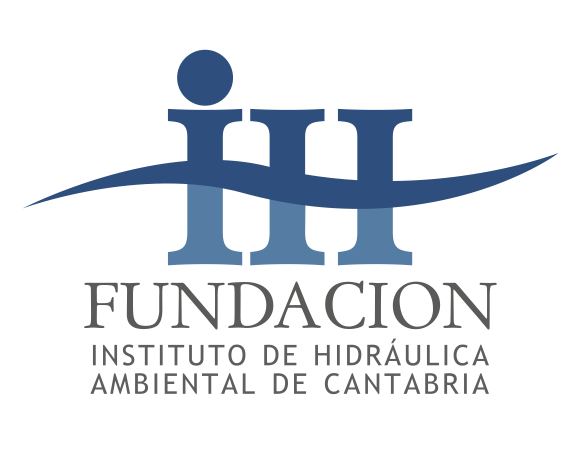Remote Sensing Scientist
Maping patterns, processes and functions of the natural, aquatic and terrestrial environment and spatio-temporal analysis using remote sensing techniques.
Remote sensing scientists use sensors to analyse data that can provide answers to regional, national and global problems in areas such as natural resource management, urban planning, and climate and weather prediction. Specifically, the Remote Sensing & Copernicus Team at IHCantabria aims to develop multipurpose thematic environmental mapping at different spatial and temporal scales derived from analysis and numerical modelling based on remote sensors of different origin, although with special attention to the services and data derived from the Copernicus programme. On this line of research, the team’s mission is to develop and promote the tools and datasets necessary for the mapping and monitoring of patterns and processes in aquatic and terrestrial environments, with a double purpose: to respond, in collaboration with other IHCantabria groups and external collaborators, to certain knowledge gaps, as well as to advance in the correct integration of the Copernicus programme in obtaining solutions.The ultimate goal is to promote and transfer spatial knowledge and to turn IHCantabria into a national and international reference centre for solutions and innovation in Remote Sensing & Copernicus in environmental and socio-economic development fields.
The successful candidate will join a dynamic team of recent creation and international projection, within the framework of a reference research centre, in constant growth, where he/she will develop a solid career linked to the field of applied remote sensing.
The successful candidate will collaborate within the Joint Research and Innovation Strategy in Marine Sciences in the development of the following activities:
– Development of data mining processes, machine learning, neural networks and artificial intelligence applied to the field of remote sensing.
– Development of new approaches linked to mapping and spatio-temporal analysis using remote sensing techniques.
– Development of proposals for improving image analysis processes.
– Generation of new databases of aquatic and terrestrial variables derived from remote sensors.

